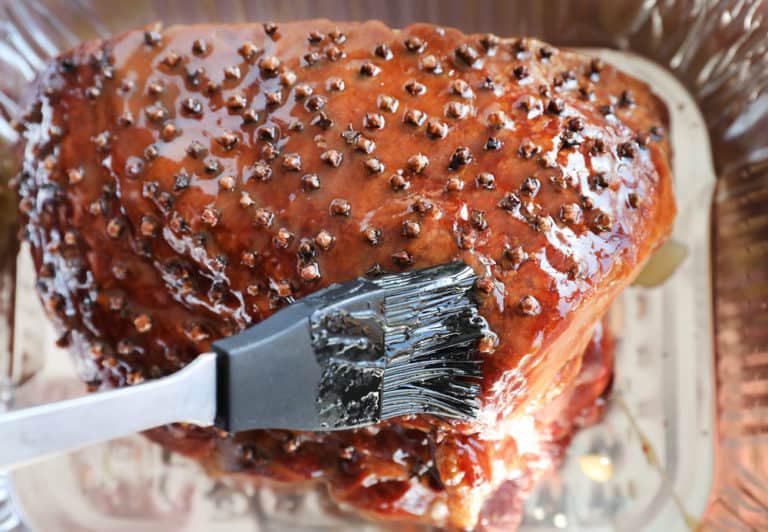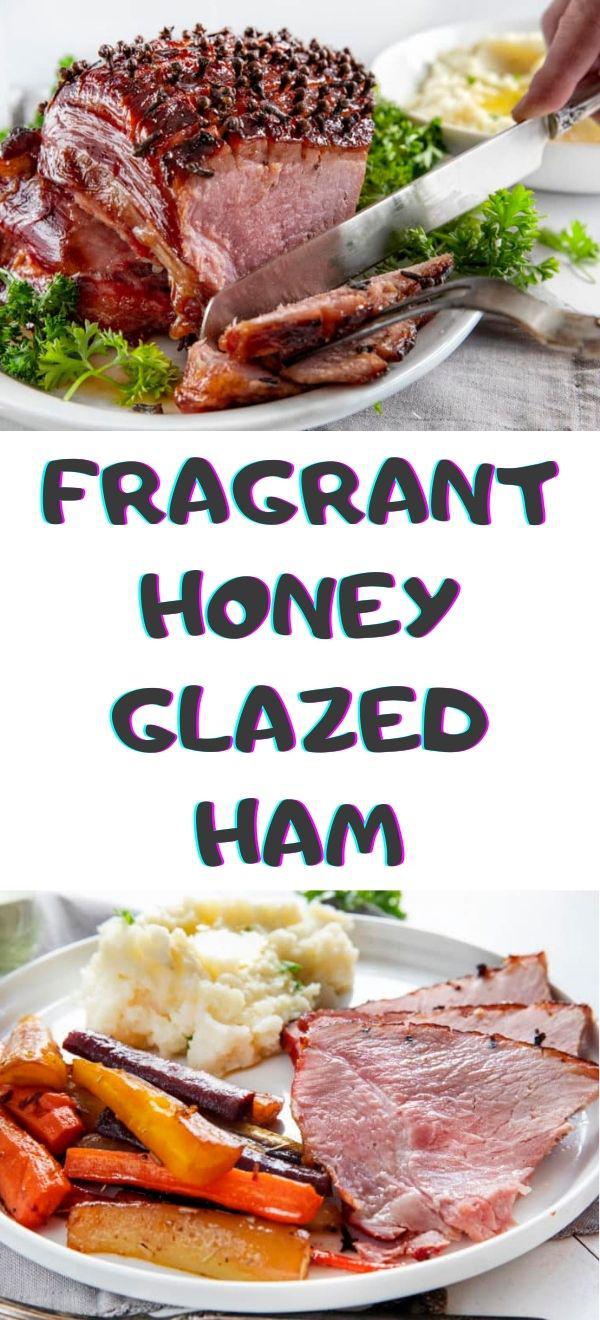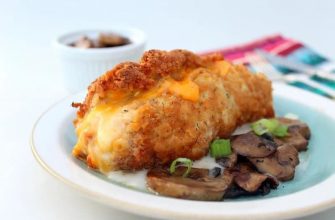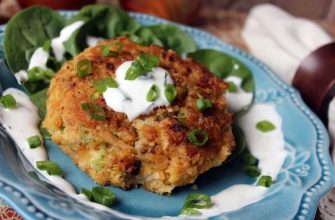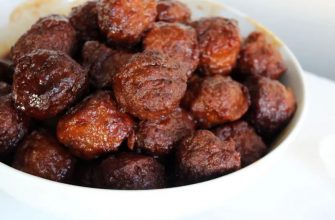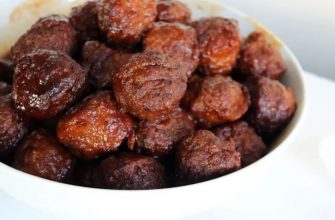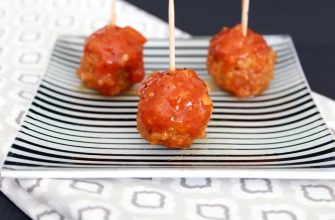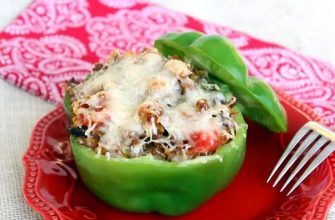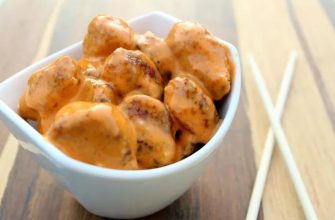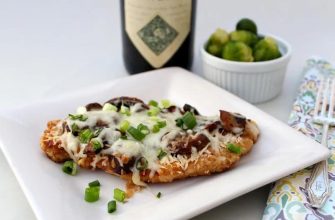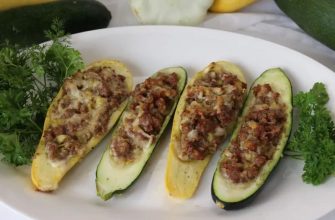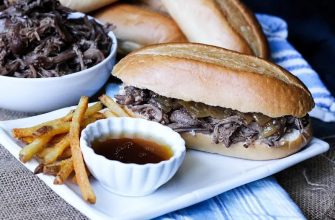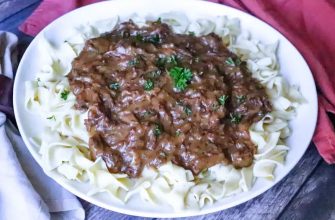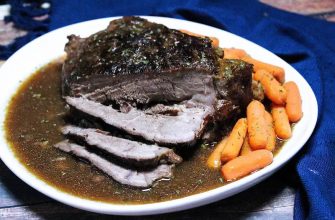There are few things more beautiful than a perfectly prepared Ham with a Honey Glaze sitting on a dinner table. With the addition of whole cloves, this ham is elevated to a new, elegant level, that will leave family and friends in awe! If you happen to want a simpler version, try my Crock Pot Ham.
Honey Glazed Ham
This recipe is crazy easy but really packs a punch with flavor and presentation. We opted to use whole cloves pressed into the top of the ham and this really gives the ham a “wow” factor, in addition to a fantastic and unique flavor. There are only five ingredients:
- ham
- whole cloves
- brown sugar
- honey
- butter
The quality of ingredients matters when each plays such a vital role in your finished product.
I opted for a shank cut (the leg). The shank end is what most holiday hams are, so it’s a good choice if you want a beautiful presentation. The meat tends to be fattier and it has one long bone, which makes carving easier. A butt-end is a bit leaner but has a T-bone in it which can be hard to cut around. (But perfect for broths and soups!) Our ham was not spiral-sliced which means we will carve it ourselves. If you do not want to carve your ham, you can use a spiral-sliced.
I love using the whole cloves because they add a beautiful flavor and can be easily removed from each piece. (I don’t eat the clove itself.)
As far as honey, I love using locally sourced honey, as I love to support local beekeepers and their positive effects on the environment. In a pinch, I will use store-bought honey and it will work just fine.
How Do You Bake a Ham?
You will want to place your ham face-down into a foil or parchment-lined pan. (Just makes for easier cleanup!) Beyond that key tip, there are a couple of different things that you can do to make sure your ham comes out perfect every time.
Make sure you know your oven. We know we have a hot spot in the left-back corner, so I make sure I rotate my ham at least once while baking. I also have a thermometer that lives inside my oven and shows me accurate temperatures. And yes, it does vary from what the oven says it is at! Baking ham too hot can lead to a dry ham and you do NOT want a dry ham.
Have a basting brush on hand. This really is the best tool to use and there aren’t many alternatives that can cover as well. I prefer the silicone brush as I find that natural bristle brushes tend to “shed” and leave bristles on my food.
How do You Score Ham?
The main things you will want to know are how many lines to create when scoring and how deep to cut. We prefer more cloves, so did a “tight” score, slicing through the meat about every inch. However, you could also do a larger grid pattern by making a diagonal slice through the same every couple of inches. Start on the side and slice all the way along the ham length-wise.
The first time I scored a ham I cut about an inch deep. My thought process was that the glaze would have more opportunity to seem into the cracks and the ham would be even moister. This was not the case! I recommend only cutting about 1/8 inch to 1/2 inch deep.
Make sure your knife is sharp. I also prefer a longer blade.
Best Honey Glaze for Ham
The glaze is 3 simple ingredients:
- brown sugar
- honey
- butter
I like to heat the ingredients low and slow until they are combined and the sugar has started to break down. I then keep it warm over the lowest heat setting while the ham is baking. You do not need to keep it warm, but it helps for easy glazing.
INGREDIENTS
- 5 pound ham shank, pre-cooked
- 1/4 cup whole cloves*
- 1/4 cup brown sugar
- 2 cups honey
- 2/3 cup butter
INSTRUCTIONS
Preheat oven to 325°F.
Score ham, and stud with the whole cloves. Place ham in foil lined pan.
In a medium saucepan, heat the brown sugar, honey, and butter. Keep glaze warm while baking the ham. (You can add more honey if needed.)
Carefully brush glaze over ham that has been studded with cloves, and then create a foil tent for the ham.
Bake for 1 hour and 15 minutes, basting the ham every 10 to 15 minutes with the honey glaze. (Be careful to pull the rack out fully so you don’t have to reach into a hot oven.) I left one side of the foil less secured so that I could easily pull it back when basting.
During the last 4 to 5 minutes of baking, remove the foil and turn on the broiler to caramelize the glaze. The Internal temperature should be 140°F.
Remove from the oven and let sit a few minutes before serving.




